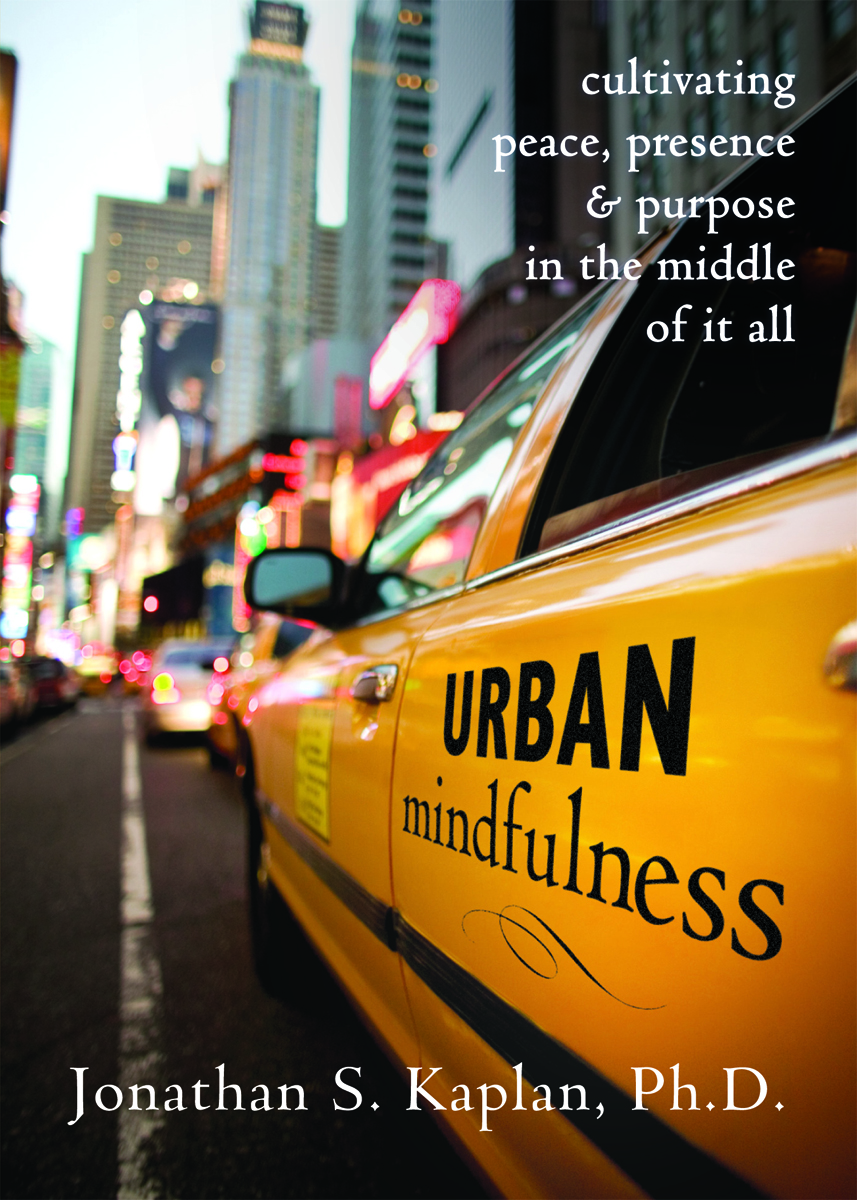Wednesday
Nov262008
MTA Woes: Riding Trains of Thought
 Wednesday, November 26, 2008 at 10:25AM
Wednesday, November 26, 2008 at 10:25AM  By Jonathan Kaplan, Ph.D.
By Jonathan Kaplan, Ph.D.Is it me or has the subway become slower and more congested over just the past week? I think that I’m waiting longer for trains to arrive. And when they finally come, they’re packed with people. Suspiciously, I’ve started to wonder if the MTA has started reducing its train service already in order to address its budget shortfall next year.
I’m sure that my thoughts about the subway have been fueled by the wide press coverage of the MTA’s financial problems and its proposal to cut service, fire employees, and raise fares. Of course, I can’t tell if things have really changed now or if I’m just imagining it.
My consideration of the subway demonstrates an interesting quality of the mind: once we start to pay attention to something, it changes our experience of it. Typically, the simple act of noticing can trigger a flood of thoughts, emotions, and judgments. It happens naturally when we bring something that has been taken for granted in the background, and move it to the foreground for our focused attention. Don’t believe me? Then try this little exercise:
Look at your hand for about a minute.
What do you see?
What comes to mind as you continue to gaze at your hand?
Most likely, you’ll notice a few visual qualities of your hand, such as wrinkles, fingernails, etc. Then, your mind will start commenting on them. You might ask yourself, “Has that mole always been there?” or note, “I really need a manicure.” Such is the nature of the mind: if we don’t remind ourselves simply to be present and attentive, then we’ll jump to having a whole host of thoughts and reactions to what we were noticing. If you can have such discursive thoughts relative to looking at your hand, imagine what comes up for us as we pay attention to the diverse elements of city life, like walking down the street or commuting to work.
Instead of getting lost in the content of these reactions, we can become mindful of the process as it unfolds within us. For example, as I wait (and wait) for the subway, I can notice the thoughts that bubble up regarding mismanagement at the MTA. Usually, such rumination makes me feel irritated, stressed, and powerless. I also know that I don’t particularly like feeling this way.
The issue is not whether my “bubbling-up” thoughts or true or not in this particular moment, but rather whether or not they are helpful.
Okay, so now what? Well, with the wisdom that this particular train of thought is harmful, I can decide to get off and stop riding it. I can transfer to a different train by thinking about something else, like mentally writing a letter to MTA officials. Or, I can “exit the station” entirely by doing something different like meditating on my breath or reading a few more pages of my book.
It is through our consistent practice of mindfulness in this way that we can achieve peace in the middle of it all.
BTW, if you would like to voice your own opinions about subway service, then be sure to fill our a survey for the 2nd Annual Rider Report Card. The survey starts next week! Check out www.mta.info for details.
Best wishes for a happy Thanksgiving from UM.



Reader Comments